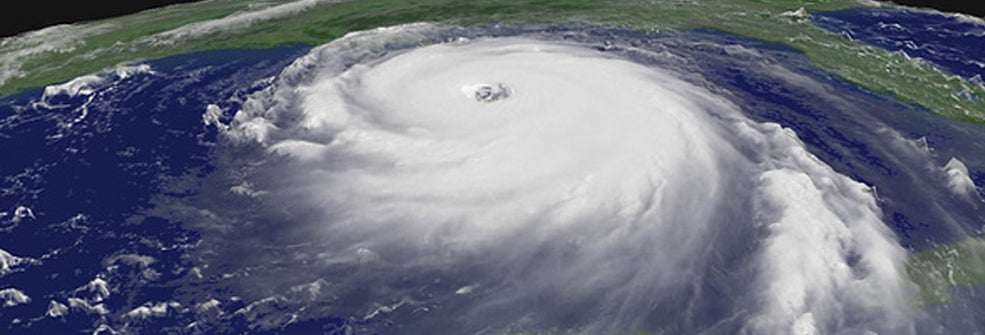Climate change is the global social problem of the day—and of the days ahead. To develop and accelerate efforts to mitigate the worst population effects of climate change in a world where temperate rises exceed 2 or even 3 degrees Celsius, and to strengthen communities’ capacities to adapt to already-occurring and future-worsening extreme weather events, population science must engage climate science. Fortunately, climate science seeks such engagement, and the Harvard Center for Population and Development Studies offers the ideal home for it.
The Center’s new research focal area on the Population Dynamics of Climate Change aims to build the foundation for world-leading, multidisciplinary research on the population causes and effects of climate change.
Substantively, the Center supports answering urgent questions about:
- the effects of disasters like Hurricane Katrina on migration, fertility, aging, and mortality
- the social-demographic processes creating barriers and opportunities in energy transition
- the integration of epidemiology into climate modeling
- the sociologically heterogeneous effects of climate mitigation and adaptation policies.
Operationally, in line with the general strategy of the Center, plans are being developed to support critical periods and turning points across the scholarly life course, including (a) offering workshops on the integration of climate and demographic methods for thesis writers and dissertators, (b) hosting research seminars that connect emerging scholars with leaders in the field, (c) building an intellectual network through an affiliate program, and (d) supporting the development and execution of cutting-edge, grant-funded research. Ideally, such extramural support would enable us to host or perhaps co-sponsor postdoctoral fellows and visiting scholars with allied Harvard Centers.
While our strategy is forward-looking, we are building on the research programs of leading faculty.
Jason Beckfield, associate director of the Center, recently completed a three-year collaboration on the social foundations of energy transition on the US Gulf Coast, which was supported by President Bacow’s office, the MIT Energy Initiative, and the Emerson Collective. Currently, he is integrating insights from population science with community engagement and energy research through Harvard’s Fellows at the Forefront program, and he is leading a group of faculty interested in integrating Environmental Justice into the Harvard College curriculum. Beckfield is currently planning an exploratory workshop for Spring 2024 on the Population Dynamics of Climate Change.
Ichiro Kawachi, who was instrumental in leading the Center’s highly successful Robert Wood Johnson Foundation’s Health & Society Scholars program, leads the NIH-funded Iwanuma Study, a cohort of older adults displaced by the 2011 Great East Japan Earthquake & Tsunami.
Mary Waters, a core member of the Center’s community and our acting director in AY 2020–21, leads the federally-funded Resilience in Survivors of Katrina project, which has advanced scholarship on disasters by showing how the effects of “natural” disasters depend on community characteristics and pre-existing social inequalities.
Marcia Castro teaches formal demographic methods and has substantial expertise in climate-related environmental exposures and their health effects. Specifically, her research focuses on the development and use of multidisciplinary approaches to identify the determinants of infectious disease transmission in different ecological settings to inform control policies as the climate changes.
Ian Sue Wing, professor of earth & environment at Boston University and a leader in remote-sensing-based general-equilibrium climate modeling, has collaborated with Director Berkman on research using the Gallup data to show how well-being responds to temperature extremes in the United States.
As a whole, then, the Center’s Population Dynamics of Climate Change research focal area is also responding to calls from climate scientists—as reflected in the IPCC’s recent Assessment Reports—for research that combines insights from population dynamics and climate dynamics scholars.
